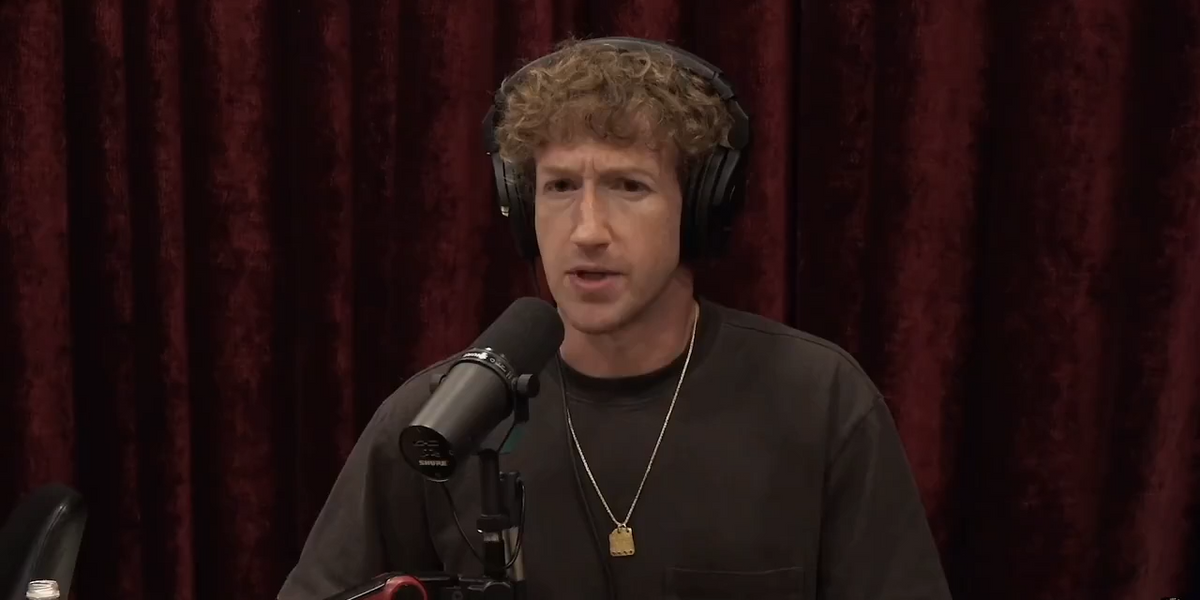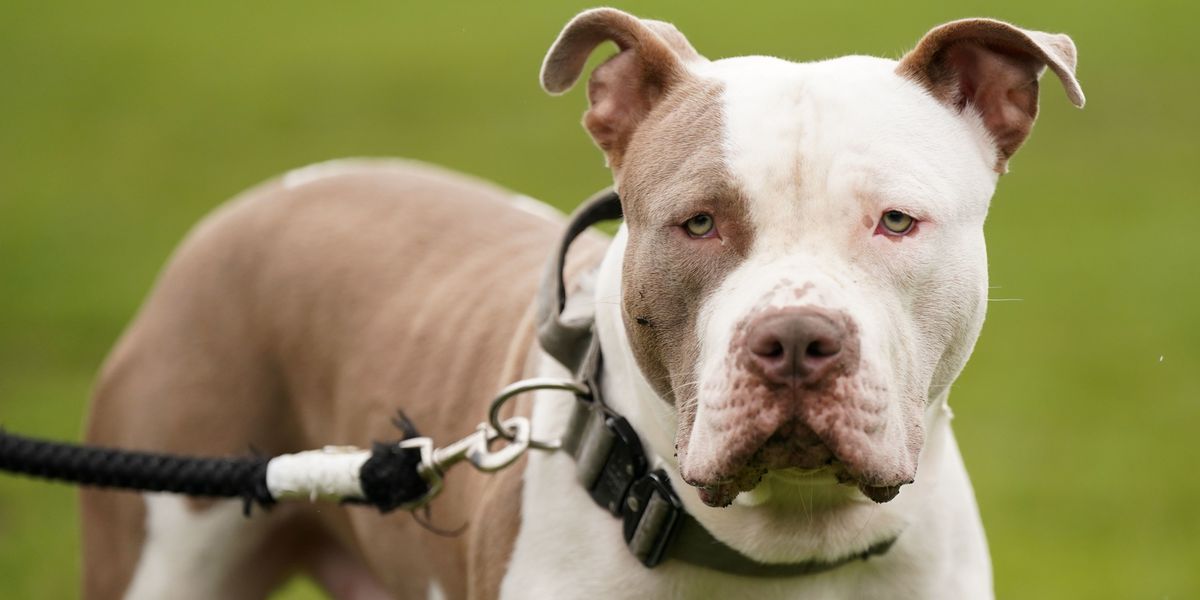The Romanian Orthodox Church encourages Christians to donate their organs when it is necessary to save the life of another person. This is clear from a text recently published on the official website of the Romanian Patriarchate.
A living person can donate a part of the liver, bone marrow or a kidney to a terminally ill person. The Church encourages this donation when it is an act of love for the sick person, is not a “subject of transactions”, is carried out voluntarily and with the full mental clarity of the donor, with a clearly expressed written consent. The Church blesses people who can possibly make such sacrifices, but also understands those who cannot do so, respecting the freedom of decision of each person.
Until now, the Church had been involved in the public debate on the use of organs of a deceased person for transplantation. According to the Church’s position, organ donation is an act of self-giving for one’s neighbor and can be encouraged, but excluding the possibility of abuse. “Although it is claimed that donation is an expression of love, it in no way creates a moral obligation to donate; the act of donation is a complete and unquestionable manifestation of free will. Only the donor’s conscious consent reveals his love and spirit of sacrifice, trust and interest in his neighbor.” Consent may be given by relatives, but only after “the law has provided clear rules regarding consent in order to avoid doubts about the sale of organs by relatives.”
Furthermore, in order to prevent abuses, such as are possible when it comes to life-saving and expensive operations, the church’s position states: “Death as the effective cessation of life implies: 1) cardiac arrest; 2) lack of spontaneous breathing; 3) brain death. These three conditions must be fulfilled simultaneously and completely in order to avoid regrettable errors.” And further: “Death as the separation of the soul from the body remains a mystery. No one will be able to say with certainty that this separation coincides with brain death; can coincide with, precede or follow brain death. Being created in the image of God, man is valuable to the extent that his original image is reflected in him. As long as he fulfills the commandment of love and remains in God, who is love, he is a member of the Church of Christ. From this point of view, donating an organ, tissue and even a drop of blood out of love for his neighbor means the self-giving and sacrifice of the whole person in the same mystical Body of Christ, which excludes the view of the human body as a mere means of physically healing someone or as a storehouse for spare organs”.
The Church cannot agree with the transplantation of embryonic tissues, which carries a risk of affecting the health of the fetus, nor with the use of the organs of acephalic or hydrocephalic newborns for transplantation. In the same way, we cannot agree with the tendency for some to become organ donors on condition that they are euthanized.
It also calls for the rejection of “any transactions with human organs and any exploitation of critical situations and vulnerabilities of potential donors (those deprived of mental or physical freedom and other vulnerable social groups)”.
Regarding doctors involved in the transplantation process, it says: “The gift of knowledge and discovery comes from God; man has the responsibility to use this knowledge not against his neighbor and the world, but to maintain the dignified presence of the person in creation and to realize the meaning of existence. In this context, the doctor must be aware that he is an instrument and collaborator of God in eliminating the manifestation of evil in the world as suffering.”
Illustrative photo: Orthodox icon of Virgin Mary The Healer

 By The European Times | Created at 2025-01-17 06:46:38 | Updated at 2025-01-17 14:54:49
8 hours ago
By The European Times | Created at 2025-01-17 06:46:38 | Updated at 2025-01-17 14:54:49
8 hours ago







